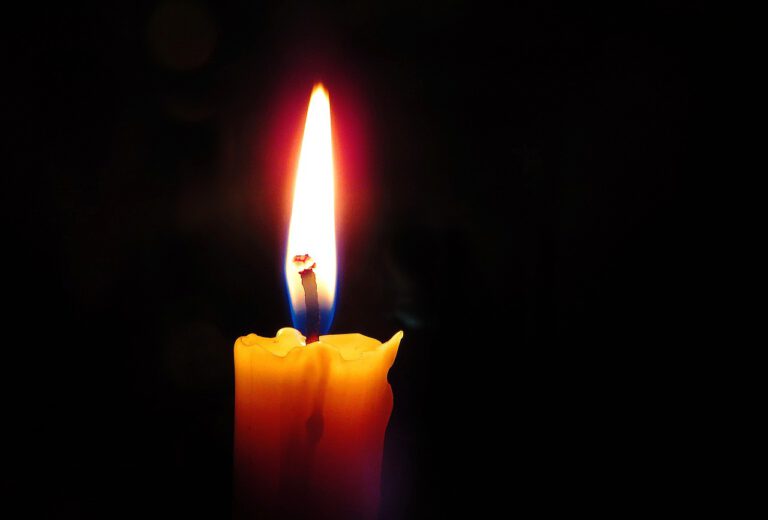
The Manifesto of Action: Dreamers, Doers, and the Virtue of Restraint

“Everyone has a plan until they get punched in the face.”
Myke Tyson
“Everyone has a plan until they get punched in the face.” These words from boxing legend Mike Tyson embody an eternal truth: grandiose visions crumble upon contact with reality. Add to that a companion sentiment: Everyone has a dream until they collide headfirst with reality—a merciless freight train, a sledgehammer of truth, obliterating illusions and leaving only the shards of untested ambition scattered in its wake. In the decadent comfort of modernity, where survival no longer demands toil or ingenuity, an intellectual idiocy flourishes. Dreamers thrive, their proclamations filling the air like confetti, while doers—those rare architects of change—fade into the background, their silence mistaken for irrelevance.
But let us pierce the veil of this dreamy utopia and scrutinize the machinery beneath. Ideologies, beliefs, and grand declarations have become the currency of status in a society where wealth alone can no longer distinguish the upper classes. As George Orwell observed, „There are some ideas so absurd that only an intellectual could believe them.“ This absurdity is not accidental; it is cultivated, rewarded, and ritualized.
"There are some ideas so absurd that only an intellectual could believe them."
George Orwell
Belief as a Luxury and a Status Symbol
In his essay „Luxury Beliefs,“ Rob Henderson aptly notes that in eras of hardship, virtue demanded sacrifice: feeding your family, defending your kin, surviving the elements. But in today’s gilded world, belief itself has become a luxury—a cheap, easily acquired signal of status that requires no work, no sweat, no grit. The affluent and educated, desperate to set themselves apart, craft opaque ideologies and convoluted terminologies to signify their superiority. Words become their gold, beliefs their jewelry.
Consider the absurdities: glaciers viewed through the lens of feminist theory, the conceptual penis as a construct of patriarchal oppression, or the imagined rape culture of dogs. These examples, sourced from James Lindsay’s Grievance Studies Affair, reveal the depth of our intellectual decay. Nassim Taleb aptly calls it “intellectual yet idiot” syndrome—a tendency to use complexity not to solve problems but to signal brilliance.
The Spiral of Extremity
When beliefs become a means of gaining status, competition ensues. To be the truest believer, one must not only embrace the ideology but also loudly condemn the moderates, the skeptics, the heretics. In The True Believer, Eric Hoffer warns of this spiral, where group cohesion transforms into totalitarian zeal: “The less justified a man is in claiming excellence for his own self, the more ready he is to claim all excellence for his nation, his religion, his race, or his holy cause.”
This dynamic explains why every zealot demands a louder proclamation of virtue, a harsher punishment for dissent, and a greater disregard for nuance. It is why communist regimes melted plowshares into crude steel for production quotas, causing famine, and why modern academics write papers unironically linking the shape of glaciers to patriarchy.
“The less justified a man is in claiming excellence for his own self, the more ready he is to claim all excellence for his nation, his religion, his race, or his holy cause.”
Eric Hoffer
The Incentive to Dream
Why do dreamers, not doers, thrive? The answer lies in incentive. Bold proclamations are rewarded with applause, book deals, and TED talks. Hard work, on the other hand, is invisible. Sacrifice rarely trends. Dreamers, cloaked in the soft glow of their visions, rarely face the wall—the hard barrier of reality that demands adjustment, innovation, or failure.
In a society that no longer weeds out intellectual folly through the harsh trials of survival, these dreamers flourish unchecked. As Taleb might argue, their visions remain untested in the “real-world skin-in-the-game laboratory.” The farmer planting crops, the builder laying bricks, and the nurse pulling double shifts have no time for such grand delusions. Their virtues—restraint, labor, sacrifice—are too grounded to glitter.
Toward a Manifesto of Action
Virtue, by definition, must be difficult to attain. It requires discipline, sacrifice, and the courage to act. Talk is cheap; doing is costly. The Sirens of modern intellectualism may sing sweetly, promising utopias, but their allure leads to shipwrecks. Like Odysseus, we must tether ourselves to the mast of reality, resisting their call.
Let us honor not the talkers but the doers. Let us celebrate the builders, the caretakers, and the creators. The truest virtue lies not in proclamation but in perseverance. As Marcus Aurelius reminds us: “Waste no more time arguing about what a good man should be. Be one.”
In this age of noise, let us choose the quiet dignity of action. Let us despise the façade of virtue painted in words and embrace the messy, unglamorous work of real change. Dreams may inspire, but only deeds can transform.
“Waste no more time arguing about what a good man should be. Be one.”
Marc Aurelius



Loved to read your article! I see your point, but it still helped me to refleced myself. However, we should ask why are bold proclamations rewarded with applause, book deals, and TED talks? It is obvoisly promoted. So maybe it’s to someones advantege…
Thanks Jonathan!